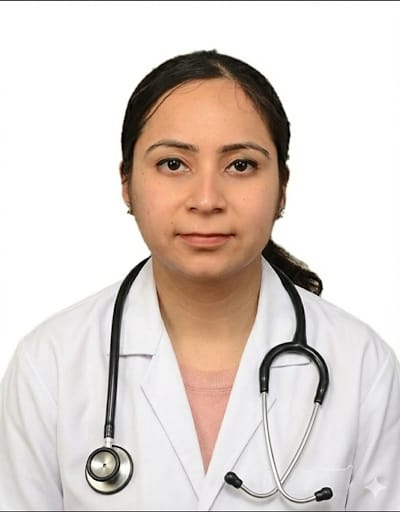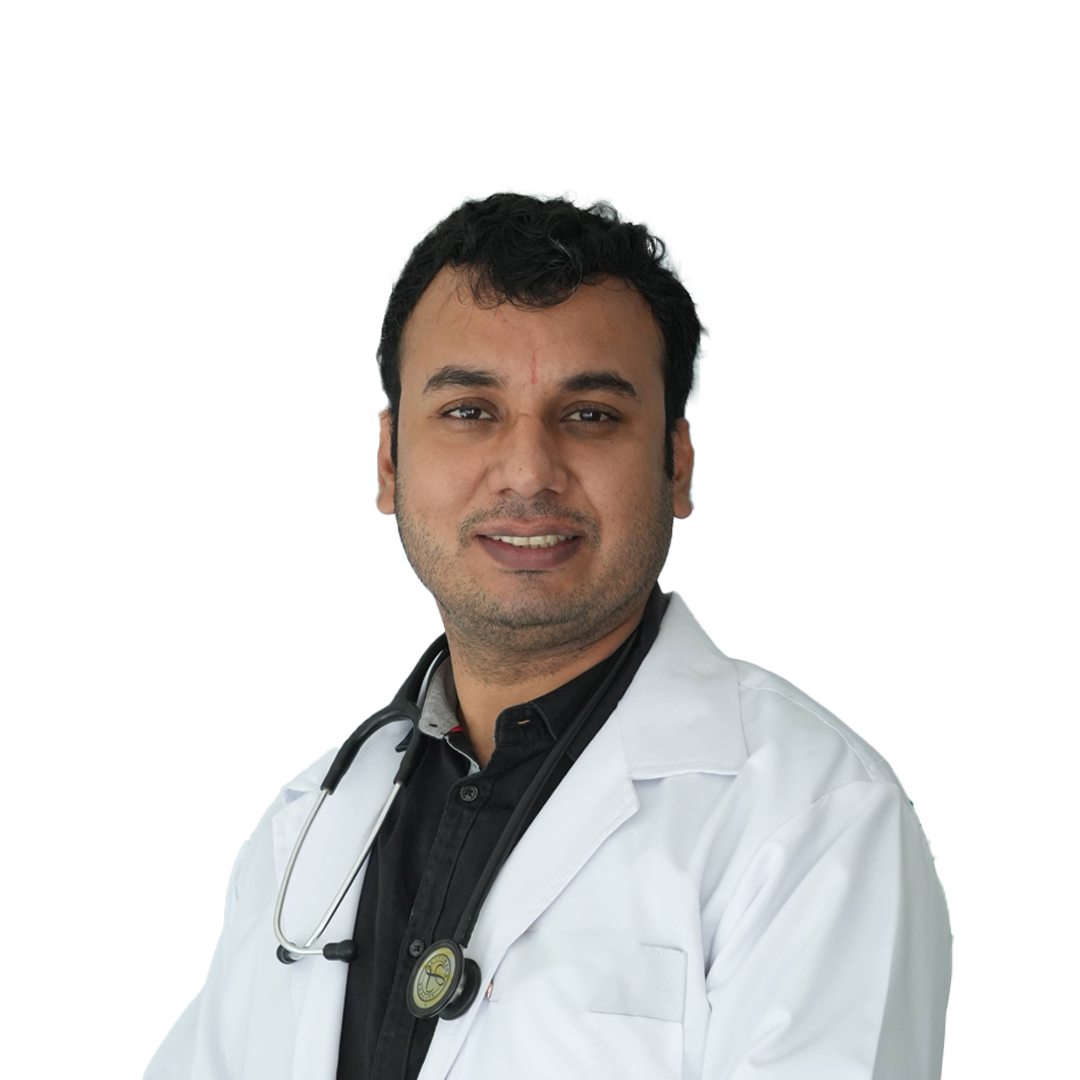Neurology
Neurology, a critical medical speciality, addresses disorders of the nervous system, which includes the brain, spinal cord, and peripheral nerves. The need for specialized neurology services is essential due to the prevalence of conditions such as strokes, epilepsy, multiple sclerosis, and neurodegenerative diseases that significantly impact individuals' cognitive and physical well-being.
Livasa Hospital recognizes the importance of comprehensive neurology care and has established a distinguished Neurology Department to address the diverse needs of our patients. Our highly skilled neurologists have expertise in diagnosing and treating a broad spectrum of neurological disorders. They leverage cutting-edge diagnostic tools and treatment modalities to provide personalized care tailored to each patient's requirements. From routine neurological examinations to advanced imaging studies and neurophysiological assessments, the Department offers a comprehensive range of services. We prioritize early diagnosis and management to improve outcomes and enhance patients' overall quality of life.
The state-of-the-art facilities are equipped with advanced technology, including neuroimaging devices and electrophysiological testing equipment, enabling precise and efficient diagnosis. Our patient-centric approach involves collaboration with other medical specialities to ensure holistic care, addressing neurological symptoms and the associated emotional and psychological aspects.

















